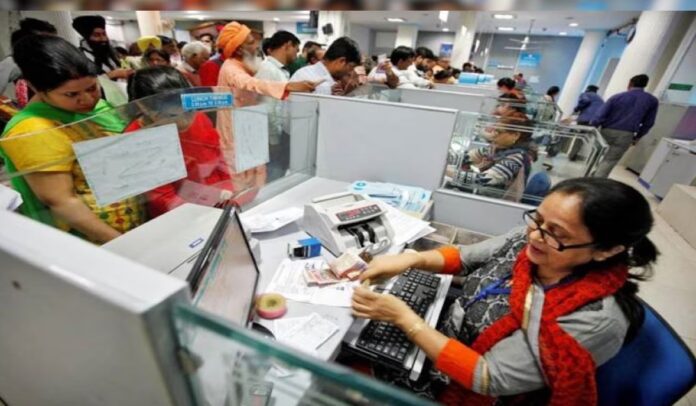Cash Transaction Rule Update: Nowadays, most people have savings accounts. They transact money through it. Many times you also deposit cash in the bank. But do you know that there are some rules regarding cash deposits in the bank. If you deposit more than a limit in cash in a financial year in a bank account, then the Income Tax Department can question you. Know about it here.
How much money can you keep in the account?
According to the rules, you can keep any amount of money in your savings account. There is no limit for this. You can deposit any amount in the account through cheque. The limit is for depositing cash in the account.
How much cash can you deposit?
The rule says that if you deposit Rs 50,000 or more in cash in the bank, then you will have to provide your PAN number along with it. At the same time, you can deposit up to one lakh rupees in cash in a day. Also, if you do not deposit cash in your account regularly, then this limit can be up to Rs 2.50 lakh. At the same time, you can deposit up to Rs 10 lakh in a financial year. But if you deposit more than this limit in a financial year, then you have to tell the IT department about the source of that income.
This limit is overall for many accounts
If you do not do this, this limit for depositing cash in the account is for a single bank account. If you have this limit for taxpayers, then this limit is overall for one or more accounts.
What will happen if the limit is crossed
If a person deposits more than Rs 10 lakh in cash in a bank account in a financial year, then the bank has to inform the Income Tax Department about it. In such a situation, the person has to tell the source of income. If that person is not able to give satisfactory information about the source of income in the Income Tax Return, then he can come under the radar of the Income Tax Department and an investigation can be conducted against him. If caught, a heavy fine can be imposed.
This does not mean that you cannot do a cash transaction of more than 10 lakhs
However, this does not mean that you cannot do a cash transaction of more than 10 lakhs. If you have proof of this income, then you can deposit cash without any worry. However, from the point of view of benefits, instead of keeping so much money in your savings account, it is better to convert that amount into FD or invest it in some other place, from where you can get better returns.
Most Read Articles:
- Unified Pension Scheme: How to get ₹10,000 pension from Unified Pension Scheme? check these eligibility criteria
- Bank FD Rates Changed: 2 Banks changed FD rates simultaneously, new rates fixed, know what’s the new rate
- Credit Card Link UPI: Link your credit card to UPI from home, know step-by-step guide


